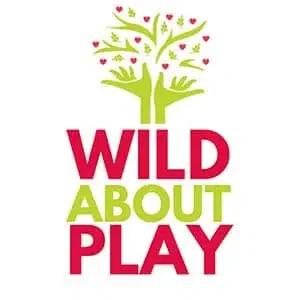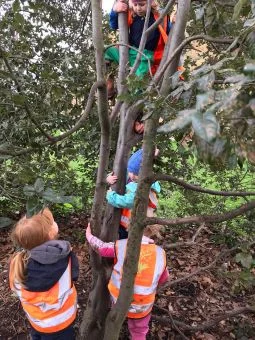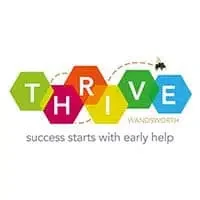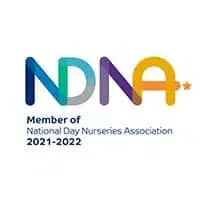We love debating and talking about all things that impact our children and their emotional resilience from schooling to social skills, to pioneering collaborative minds that will change our world for a better tomorrow. If you feel strongly about something, please do get in touch and let us know. Equally, everything below is a conversation starter, so let us know what you think!
It’s a fast competitive world out there and we all want our children to work hard in order that they can be happy and secure satisfying jobs in the future. The choices between structured activities and unstructured play are oftentimes a cause of stress for parents. It’s easy to dismiss unstructured play as a frivolous past time. Surely the downtime priority should be sports where children actually develop and finesse a hard skill?. How else can children develop social skills, learn to understand and follow set rules or make friends? Surely “just” playing can’t be nearly as beneficial? The truth is unstructured, child-led play with support from skilled practitioners is incredibly important to the development of the executive functioning of our children and the research now proves it.
What’s the difference?
Firstly, we have to look at what these two concepts are, and what that means for our children. Structured play is often an adult-led activity that is goal-oriented. This is often a sport or group activity which is at a set time every day or week. On the other hand, unstructured play is often unplanned and child-initiated and can be enjoyed as a group or individually. Executive functioning is a myriad of skills that help us manage ourselves. This includes the ability to pay attention, being able to organise, plan and prioritise, and regulate emotions effectively.
Social Skills and Cognitive Development
Social skills development is a big worry amongst parents when working out what is more beneficial for their child. Studies have shown that unstructured play provides the opportunity to harness emotional intelligence, empathy, self-awareness and teamwork. The autonomy of their own learning gives children the ability to use their imagination freely in a safe, nurturing environment. This stimulates the brain and allows our children to use every part of themselves to create something. Children are more likely to concentrate and persevere for long periods when they are ‘in control’ of their learning. When they are leading their play, children are often found more curious and willing to work in a team. This is because their levels of motivation are higher due to having chosen something that appeals to them.
Children who participate in less-structured play have a higher ability for self-directive executive functioning, according to recent studies. Carried out in 2014 by researchers in Colorado, the study found children were “better able to set their own goals and take actions to meet those goals without prodding from adults”. With less to no pressure compared to structured play, children are also more open to making mistakes and self-evaluation. Similarly, studies have shown a correlation between stress and the number of structured play children are involved with. Incorporating unstructured play into a day allows children to feel less pressure on perfection, spending more time improving their behaviour and mental health.
How do we implement this?
Whilst learning and exploring at Wild about Play, our practitioners strive to ensure all children are in control of their learning. We combine child-led play with an outdoor environment that gives children the freedom to explore and experience their surroundings whilst developing mentally, physically and emotionally. We guide our children instead of instructing, allowing us to support their progress while still giving the children autonomy over their activities, which is fundamental to our setting.







